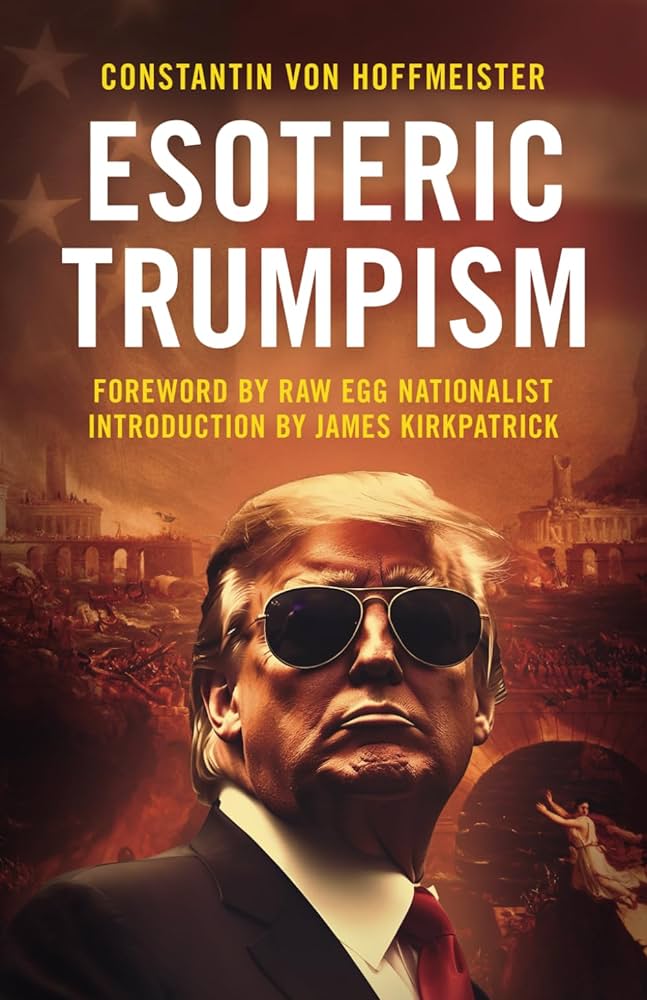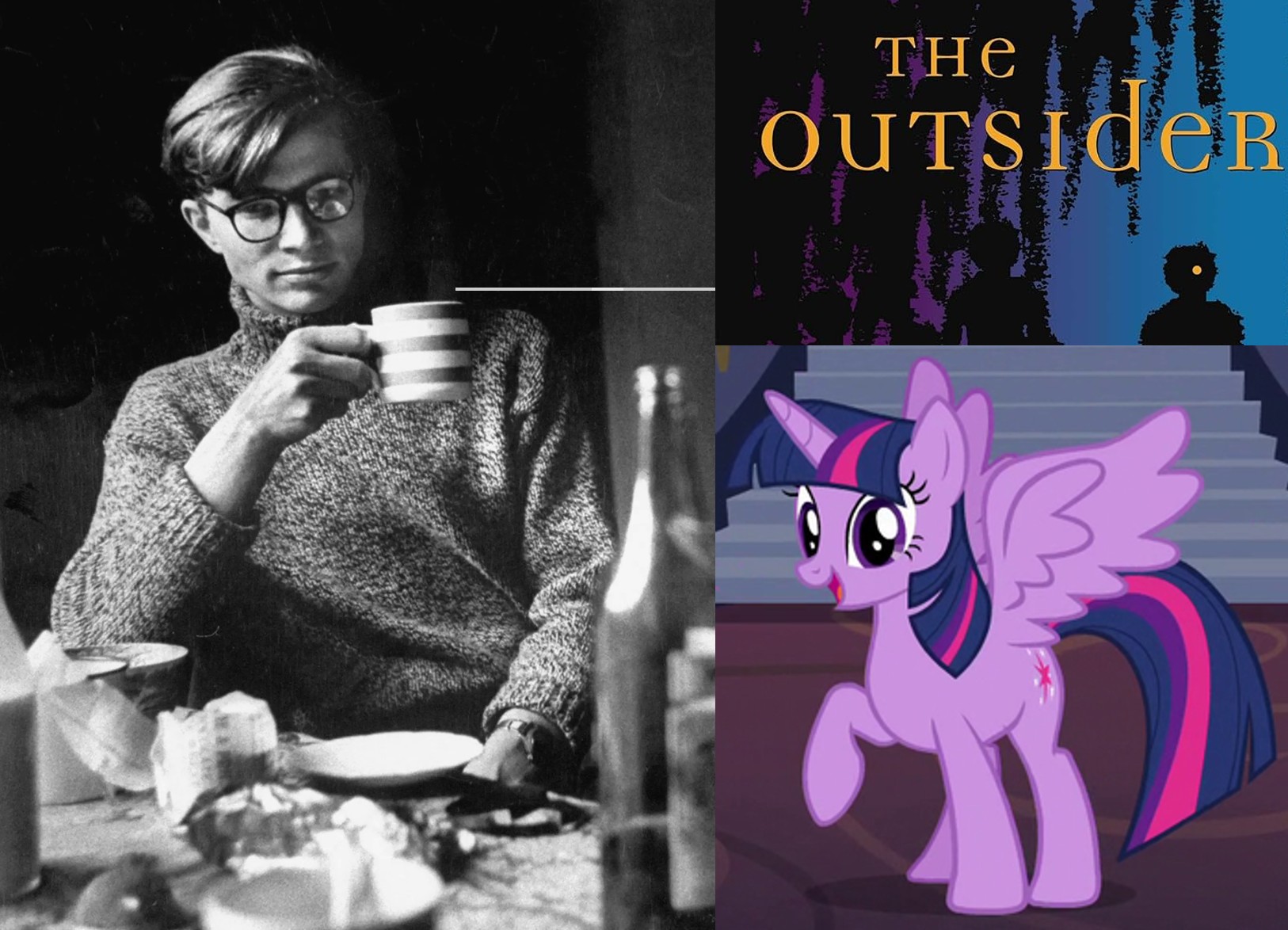
Robert Stark and Matt Pegas speak with Constantin von Hoffmeister about his book Esoteric Trumpism. This is a simulcast with Matt’s New Write podcast. Originally from Germany, Constantin von Hoffmeister studied English Literature and Political Science in New Orleans. Constantin has worked as an author, journalist, translator, editor, and business trainer in the United States, India, Uzbekistan, and Russia, and is the editor in chief of Arktos publishing. Follow Constantin on Twitter and subscribe to his Substack.
Topics:
Literary references, including William S. Burroughs, HP Lovecraft, and Edgar Alan Poe
Misconceptions about the Beatniks as leftwing (eg Jack Kerouac’s admiration of Oswald Spengler)
How the Beats’ disillusionment shows problems with fetishizing 1950s America
Philistinism on the Right and the rise of a new creative culture-focused Right
How America has an underappreciated rich cultural heritage
America as an extension of European civilization
Rightwing Postmodernism
Trump as the great revealer of hidden Lovecraftian horrors
Why Trump’s political significance is primarily symbolic
Addressing criticisms and disappointments with Trump
Meme magic
Why Constantin rejects accelerationism
Why Rightwing multiculturalism or ethnopluralism is the future
Constantin’s recent meet up with Robert and Matt in LA, and observation that LA is a model for ethnopluralism
Why Constantin is more optimistic about America’s future than Europe’s
Upcoming Arktos projects, including a new translation of Dominque Venner on Ernst Junger, a rightwing critique of Nietzsche, and an art history book
Click Here to download!
Checkout Robert Stark’s Facebook page, Twitter, Instagram, Stark Truth TV, novel Vaporfornia, and subscribe to his Substack.








